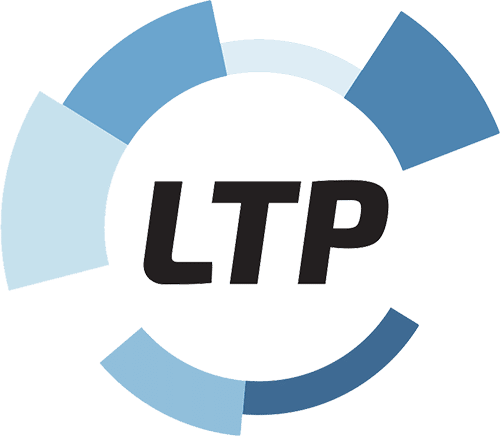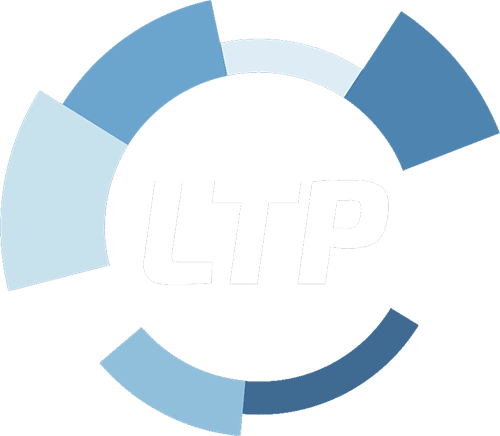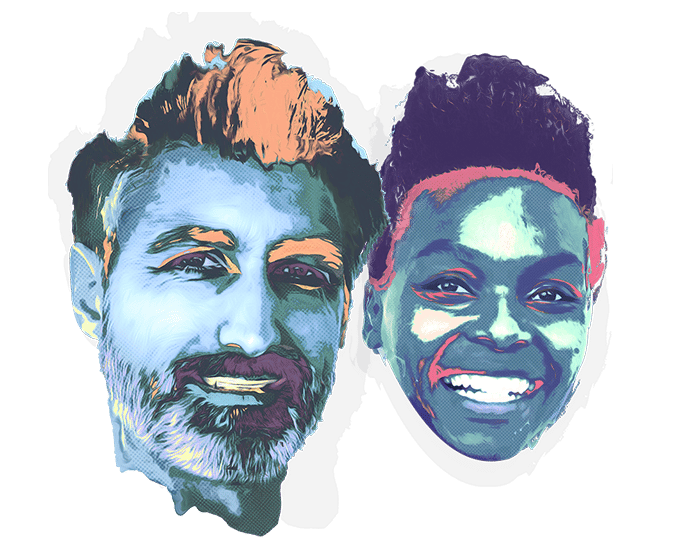Hoe wendbaar is uw topmanagement?
Ga voor inzicht met impact van het hoogste niveau.
LTP Executive Services biedt inzicht en advies bij selectie- en ontwikkelvraagstukken op het hoogste niveau. Om benoemingsrisico’s te reduceren en leiderschap naar een hoger niveau te tillen. Met als doel: wendbare leiders en een toekomstbestendige organisatie.
Onze expertises
Wij adviseren en begeleiden
Het topmanagement van organisaties staat onder enorme druk. In een tijd van crisis en disrupties moeten zij organisaties toekomstbestendig maken. Bovenal moet er nú geleverd worden en kijken stakeholders kritisch toe.
Het is van vitaal belang dat het bestuur en senior management de organisatie veranderkrachtig maken. Maar hoe zit het met het topkader zelf? Kan het nieuw elan brengen? En hoe kan aanwezig potentieel het beste worden ‘aangesproken’?








